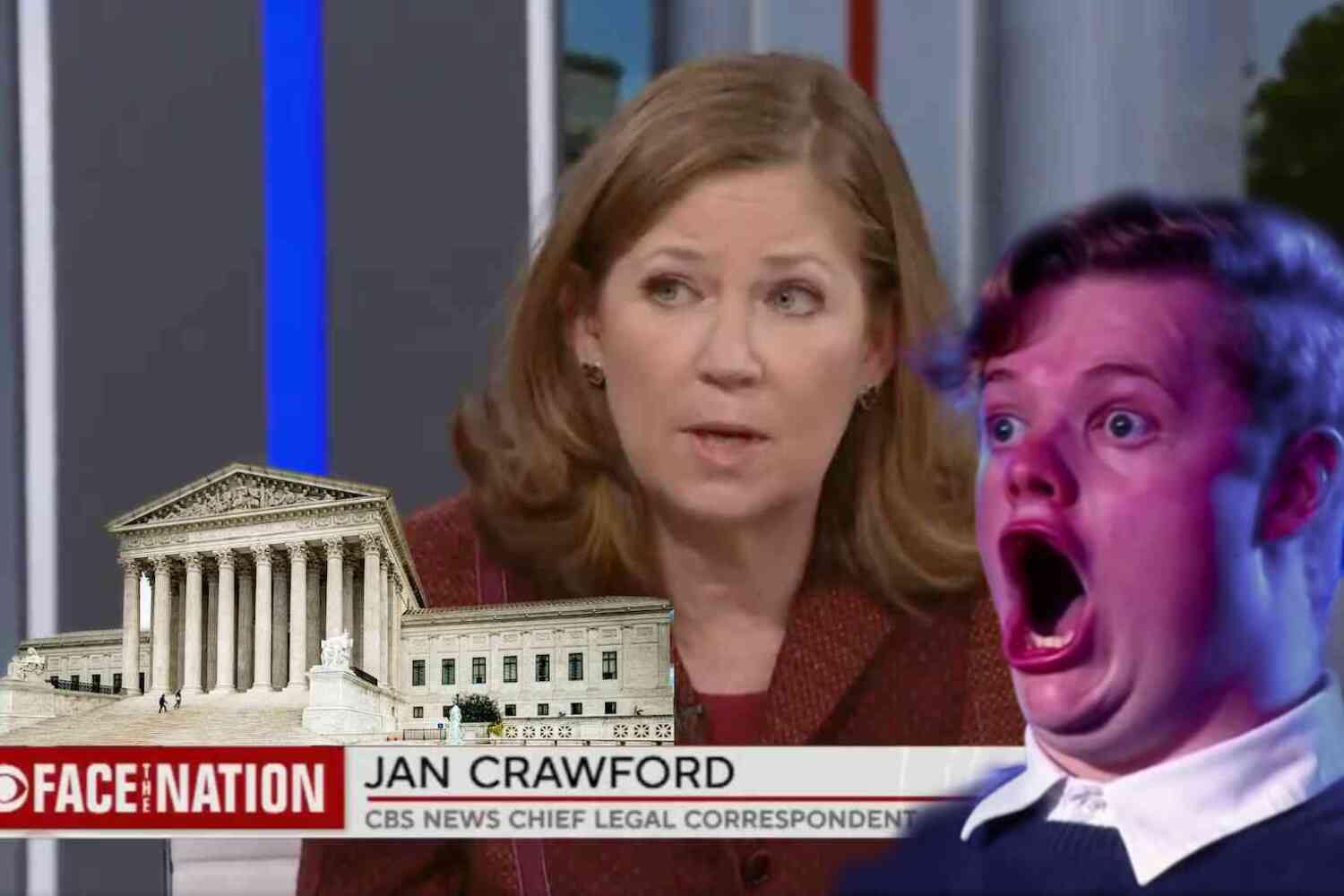For years we've rolled our eyes at the absurdity of the modern American university campus, a place where young people and professors increasingly submit to more and more bizarre forms of activism, hysteria and increasingly LGBT "identities."
But take note: it's not just a campus problem anymore, and it hasn't been for quite some time.
Thirty percent of Millennials identify as LGBTQ, according to a soon-to-be released study that is based on scientific polling data. Among Christians the numbers were lower—but only slightly, with just under 30 percent of Millennial Christians identifying as LGBTQ.
The portion of the population that describes itself as gay has varied over the years, from 10 percent, based on research by Alfred Kinsey and widely promoted by the National Gay Task Force in 1977, to less than 6 percent in a recent Gallup poll. The pollster who worked on the new study, George Barna, attributes the unusually high number he found to social and news media coverage that makes it "safe and cool" for young Americans to identify as LGBTQ—whether or not it represents their actual sexual orientation...
"Whether or not it represents their actual sexual orientation." That's kind of the heart of the problem.
There's more:
Among Millennials, 30 percent identify as LGBTQ, more than three times that of the rest of the adult population, and when the researchers broke out the youngest of the group, ages 18-24 (which some call Gen Z), they found 39 percent called themselves LGBTQ.
Folks, I think it's a pretty safe assumption that four out of every 10 members of Generation Z didn't just happen to manifest as LGBTQ by coincidence. Something else is going on here.
Namely:
"It's a subset of a larger issue, that this is a generation where three out of four are searching for meaning. This is a group that doesn't have a reason to get out of bed in the morning," Barna says. "Therefore, the LGBTQ identity gives them comfort. A lot of this generation claim to be moving in that direction, but there's a big difference between claiming the identity and living the lifestyle."

For a variety of reasons, we're raising the newest generation with far less meaning and direction in their lives. Identifying as a pansexual maverick boi is a way to fit in, be "cool," and assert one's individuality at the same time. Authors and researchers such as Abigail Shrier have documented this trend, especially among teenage girls looking to belong.
There's a lot of possible explanations for that—the collapse of religion in the U.S., the rotten education system, the explosion of parenting-by-screen alongside the complete and total reigning in of normal childhood freedom, the easy access to hardcore pornography at a young age—take your pick.
Let's focus in on part of the above quote before we end:
Among Christians the numbers were lower—but only slightly, with just under 30 percent of Millennial Christians identifying as LGBTQ.
If you want to know the consequences of squishy American churches that prioritize niceness and "inclusion" over the truth of the Gospel, this is it. Christians believe that the only hope for a suffering world – and the very source of meaning and identity – is Jesus Christ and His Word.
The Church's mission is quite literally to bring people into the family of God as adopted sons and daughters, then teach them to participate in that family and help each other to be good husbands, wives, fathers, mothers, daughters, and sons with our unique skills and gifts.
George Barna had this to say:
"Why is it when previous generations were able to figure out why life was worth living, this one isn't figuring it out?" he asks. "It has to do with the spiritual changes in America. They don't buy into the Bible, they don't trust God, they don't believe in Jesus, and politics have codified that into law, and the media is a major part of it."
For 30% of young Christians to say they are finding their identity in modern sexual whims is the very definition of failure to impart the hope of the Gospel, and it has massive consequences for these young people who are falsely claiming to follow Christ, as well as our wider world.
P.S. Now check out our latest video 👇









